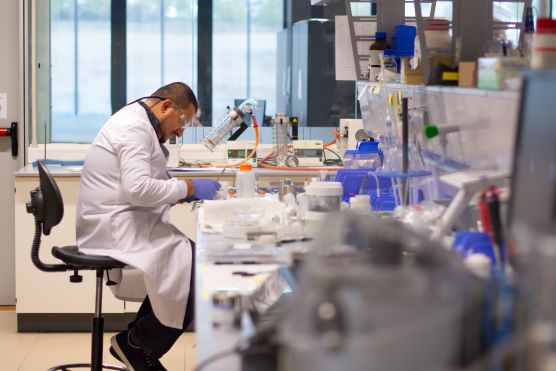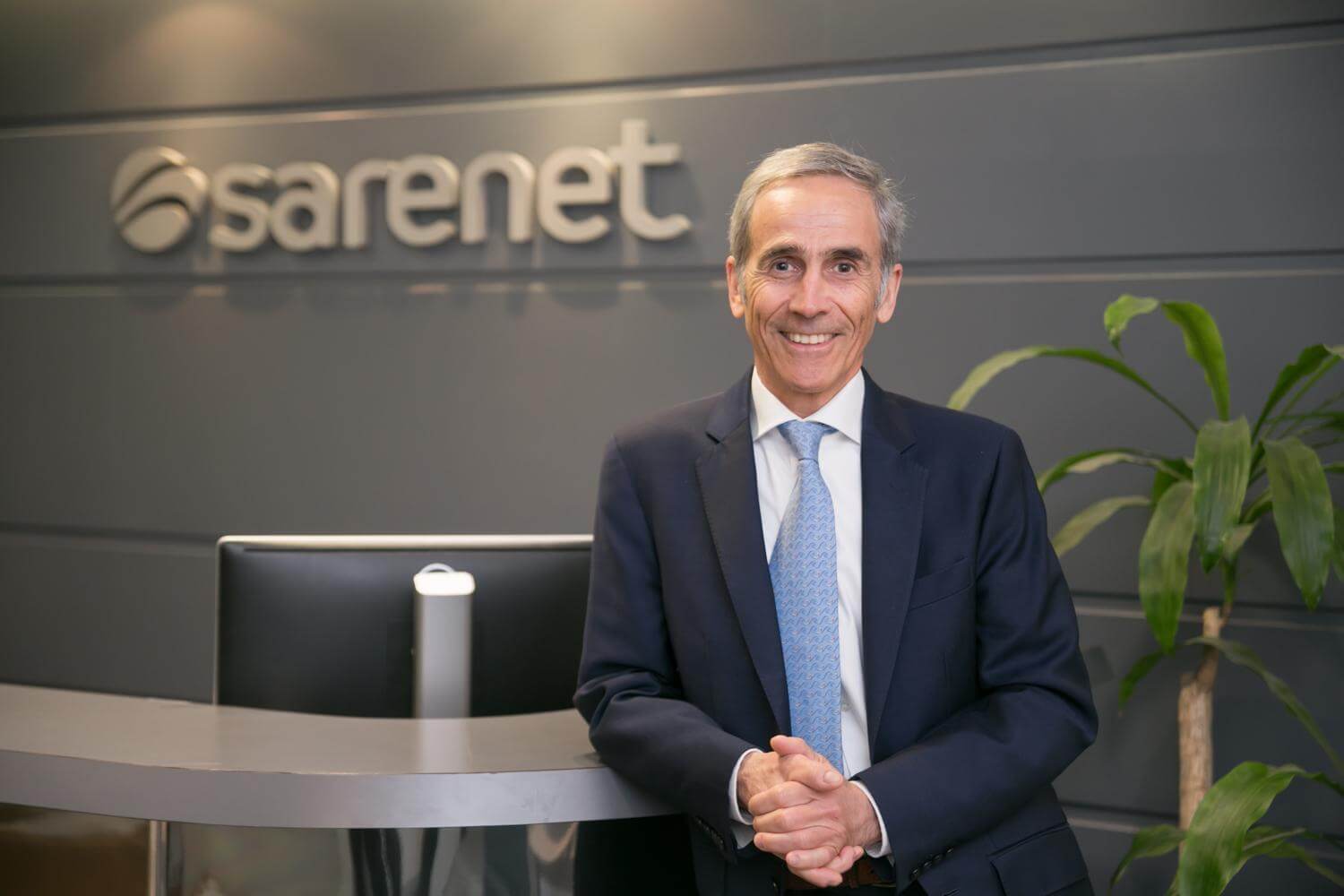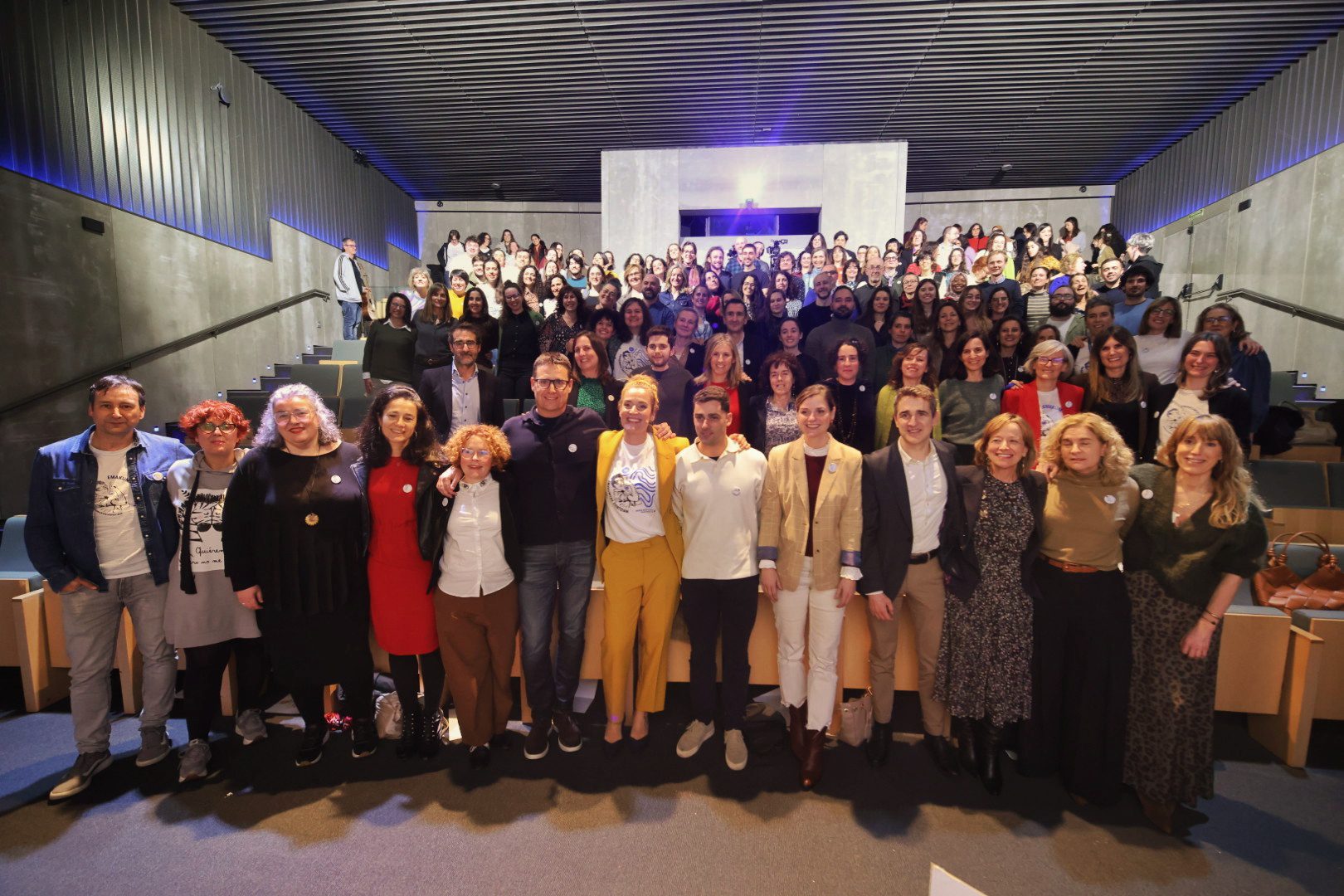CIC energiGUNE collaborates with MIT and Boston College to create fluoride-free battery electrolytes

Postdoctoral researcher Juan Forero-Saboya has received a Marie Curie (MSCA) grant to carry out the NoF-LIME project, which will be coordinated from the Basque centre by Scientific Director Montse Casas-Cabanas as Principal Investigator.
The project, led by CIC energiGUNE in collaboration with the two prestigious US entities, seeks to improve the efficiency and sustainability of lithium-metal batteries through the use of non-fluorinated salts.
CIC energiGUNE, a leading Basque research centre in electrochemical energy storage and conversion and thermal energy storage and conversion, will promote the development of innovative electrolytes for fluorine-free lithium-metal batteries, which will improve their efficiency and, above all, their sustainability by reducing their environmental impact. The launch of this initiative is a direct consequence of the award of a Marie Curie (MSCA) grant to CIC energiGUNE postdoctoral researcher Juan Forero-Saboya to set up the NoF-LIME project, led by the Basque centre and in which Boston College and the Massachusetts Institute of Technology (MIT) are collaborating.
‘The combination of expertise and the focus on a more sustainable and environmentally friendly electrolyte could mark a significant change in the development of next-generation batteries,’ said Montse Casas-Cabanas, Scientific Director of CIC energiGUNE, who will supervise Juan Forero-Saboya at the Basque centre. ‘We are convinced that the success of this project will mark a substantial leap from the conventional reliance on fluorine-rich compounds, which will show the potential of formulating more sustainable electrolytes,’ she said.
Juan Forero-Saboya, who is part of the Organic and Hybrid Materials Research Groups at CIC energiGUNE, will start the development of the NoF-LIME project at Boston College. During the first 8 months, he will work on the design and synthesis of novel salts for the electrolyte at Boston College, under the supervision of Dr. Alexis Grimaud, a specialist in electrolyte formulation and evaluation.
Dr. Forero-Saboya will then move to MIT, where he will develop advanced methods for quantification and analysis of the solid-electrolyte interface. At the renowned American centre, he will have the collaboration and supervision of Professor Betar Gallant, an expert in SEI (solid electrolyte interface) analysis and quantification. Finally, Forero-Saboya will return to Vitoria-Gasteiz to carry out assembly tests and tests on complete cells.
‘What is really interesting about this project is that it not only seeks to innovate in the scientific field through the use of non-fluorinated salts in lithium-metal batteries, but also to train an elite researcher in the field of electrolytes, providing him with cutting-edge technical and practical skills in collaboration with centres of international prestige’, said Nuria Gisbert, General Manager of CIC energiGUNE. ‘In this way, we strengthen CIC energiGUNE’s position as a benchmark in the sector, both in terms of projects and research staff,’ she said.
The NoF-LIME project aims to be a turning point compared to current trends in electrolyte engineering for lithium-metal batteries, which focus on fluoride salts and additives. In this regard, recent studies suggest that Li2O could be a more desirable SEI component. Thus, NoF-LiME seeks to change the paradigm by focusing on fluoride-free salts for electrolytes, leading to more sustainable and environmentally friendly elements.




